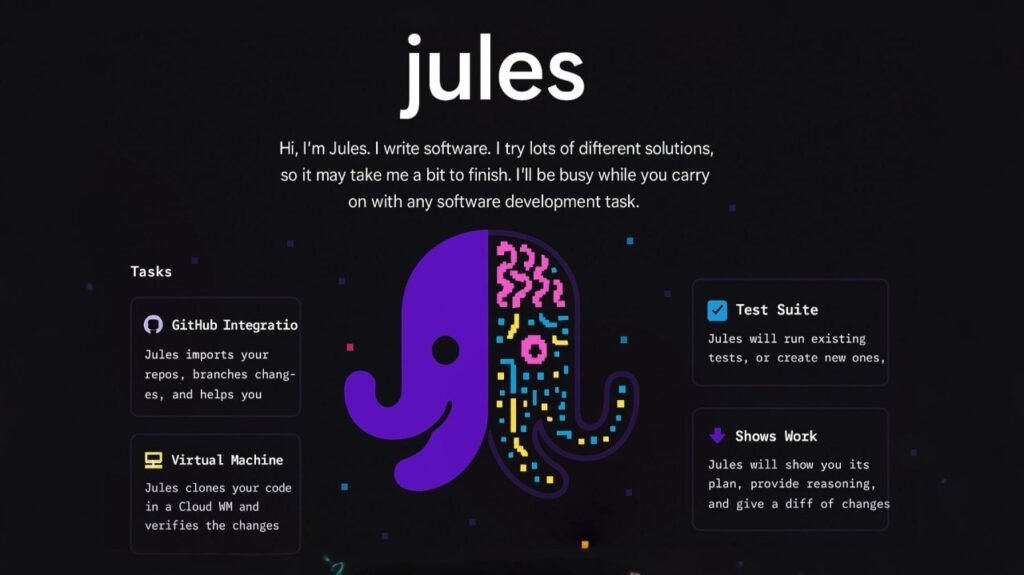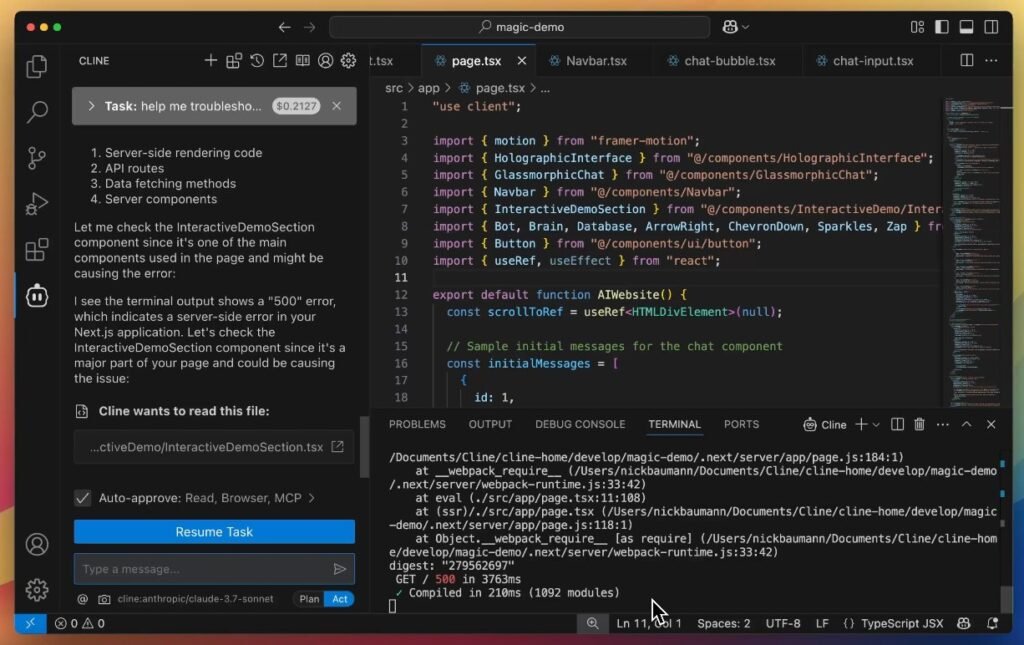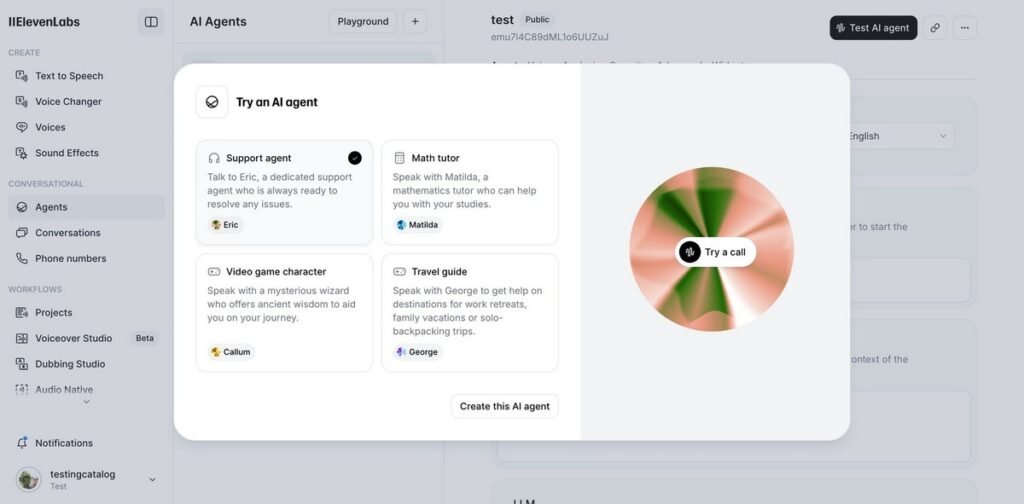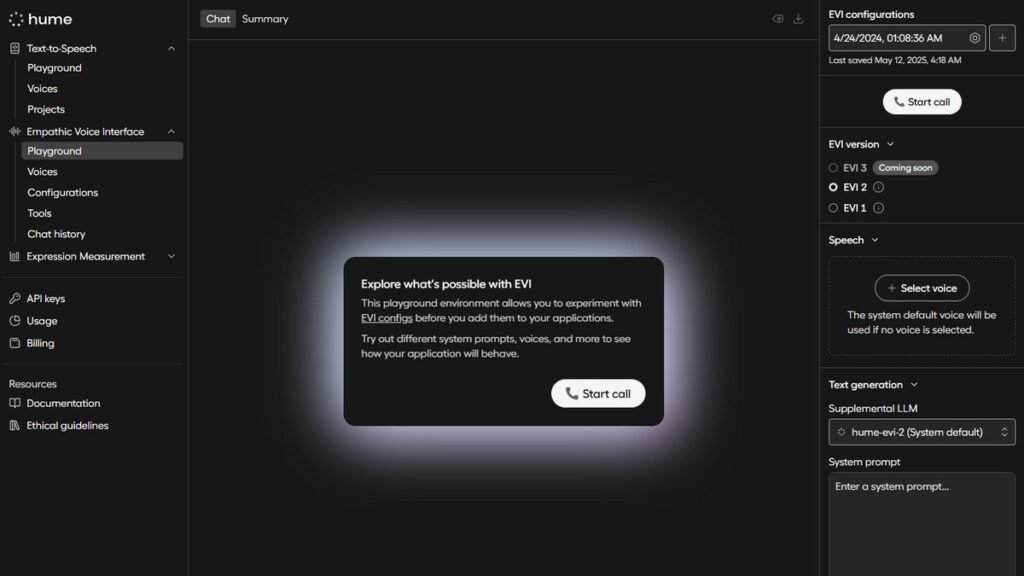Beyond the Hype: 10 Best AI Agents That Truly Work
AI applications are becoming more agentic and long-running over time. As the team at LangChain recently observed, what starts as simple RAG often evolves into deep research agents, and coding has shifted from auto-completion to asynchronous, long-running software engineering agents that work independently for hours.
This shift represents a change in how we think about AI tools. Instead of asking, “What can this AI help me with now?”, we’re asking, “What complex task can I completely hand off to AI agents?”
In this guide, we’ll dive into five popular types of AI agents and what makes each one useful:
- Software engineering AI agents
- AI voice & phone call agents
- General-purpose AI research agents
- AI data analysis agents
- Computer use & UI navigation agents
We’ll also show you how platforms like n8n make it easier than ever to build custom AI agents or connect with existing ones.
Ready to learn which AI agents are worth your attention? Let’s dive in!
- What are the best AI agents in 2025?
- Software engineering AI agents
- Google Jules
- Cline
- AI voice & phone call agents
- Eleven Labs
- Hume.ai
- General-purpose AI research agents
- Perplexity
- Kortix AI Suna
- AI data analysis agents
- Julius AI
- BambooAI
- Computer use & UI navigation agents
- Convergence AI Proxy
- Skyvern
- What we learned evaluating these AI agents
- Building custom AI agents with n8n
- Wrap up
- What’s next
What are the best AI agents in 2025?
In this article, we balance our selection between cloud-based solutions and open-source alternatives across five popular categories.
The AI agent landscape includes hundreds of specialized tools. Rather than covering every option, we’ve focused on several ready-made agents that don’t require extensive initial configuration.
💡
Searching for tools to help you build AI Agents? Check out our previous article that features 7 AI Agent Builders.
What we learned when evaluating the best AI agents
- Start with cloud-based agents for immediate results. Cloud agents like Perplexity or ElevenLabs work (or fail) within minutes of setup. This instant feedback helps you understand whether AI agents fit your specific use case before investing in complex self-hosting solutions.
- Some tasks are ready for full automation, others aren’t. We found clear winners: research agents consistently deliver ROI, voice agents reliably handle routine calls, and coding agents excel at well-defined development tasks in common programming languages. Browser automation agents show promise but remain unpredictable – worth monitoring as the technology matures.
- Human oversight beats full automation early on. Complete agent automation only makes sense when you’ve established processes and can measure the time and cost savings. In the early stages, focus on human evaluation and assessment rather than optimizing for full autonomy.
- Semi-automation works for infrequent tasks. Don’t rush to automate everything. For tasks that happen monthly or quarterly, semi-automated workflows with human checkpoints often provide better value than full automation. Scale the process to full automation only if the scope of work justifies the investment.
- Integration capabilities matter more than features. When selecting an agent, check how it connects to existing systems. Tools with robust APIs and webhook support integrate easily with platforms like n8n, letting you build custom workflows without redesigning processes.
Now let’s dive into each category and explore what makes these AI agents stand out
Software engineering AI agents
Developers were among the first to embrace AI-powered tools, and coding assistants have evolved dramatically over the past few years. What started out as simple code completion has transformed into agents capable of analyzing entire codebases, creating detailed work plans with feature breakdowns, and autonomously implementing complex functionality, including tests and documentation.
These modern software engineering (SWE) AI agents understand the project context, plan multi-step implementations, and can work independently to deliver complete features on high-level requirements.
Google Jules
Google Jules is a cloud-based AI coding agent that autonomously handles your software development tasks. Unlike traditional code assistants that offer suggestions, Jules operates as a true coding agent by analyzing entire codebases, creating implementation plans, and independently executing features while you focus on higher-level work.

Best for:
Ideal for projects with clear requirements where developers want to offload routine coding tasks while maintaining control through code reviews.
Key features:
- Autonomous execution: creates multi-step plans and implements full features independently;
- Asynchronous operation: runs in the background while you solve other tasks;
- Multi-language support: Jules is language-agnostic, but works best with Node.js, Python, Go, Java, and Rust;
- AGENTS.md support: reads project-specific workflows and coding conventions;
- Audio changelog generation: creates audio summaries of code changes for team communication.
Pricing:
- Currently in public beta testing. The free tier offers 60 tasks per day and 5 concurrent tasks. Google plans to introduce pricing tiers as the product evolves.
Limitations:
- Limited to GitHub repositories only;
- Struggles with extremely large codebases;
- Complex projects requiring Docker or extensive external dependencies may encounter issues.
Cline
Cline has evolved from a coding assistant to an advanced coding agent. Unlike cloud-based coding agents, Cline runs entirely as a self-hosted extension in your IDE, giving you full control over your development workflow.

Best for:
Perfect for developers and teams who need control over code and data. Ideal for enterprise environments with strict security requirements or for developers who prefer self-hosted solutions
Key features:
- Runs entirely in VS Code without the need for external infrastructure;
- Multi-vendor AI support: works with OpenRouter, Anthropic Claude, OpenAI, Google Gemini, AWS Bedrock, Azure and local models;
- Plan & Act dual modes: separates planning and execution phases for better development workflow;
- Browser automation: launches browsers, interacts with web pages and analyzes console logs using Claude’s computer use capability;
- Model Context Protocol (MCP) integration: dynamically creates and installs custom tools on demand.
Pricing:
- Free open-source extension
- Pay only for token usage from your chosen AI provider
Limitations:
- Efficiency and total costs of use depend significantly on the chosen AI model;
- Local models may produce less reliable results compared to cloud-based models;
- Advanced features like MCP integration require initial setup and a steeper learning curve.
AI voice & phone call agents
Synthetically-generated voices have finally crossed the uncanny valley: modern text-to-speech engines now produce natural, pleasant speech in multiple languages in near real time.
This breakthrough has opened up massive opportunities for AI voice agents that can handle phone calls, customer service interactions, and voice-based workflows that were previously impossible to automate. Modern AI voice agents can engage in dynamic conversations, understand context, and even convey emotional nuances that make interactions feel genuinely human.
Eleven Labs
ElevenLabs has become the most affordable platform for deploying production-ready voice agents. Businesses can launch voice agents in minutes using pre-defined templates or develop more sophisticated solutions.

Best for:
Perfect for businesses looking to deploy professional voice agents quickly without technical complexity: from customer service automation to outbound sales calls and appointment scheduling.
Key features:
- Ready-to-deploy agents: full conversational stack with speech recognition, language processing and synthesis unified;
- Advanced turn-taking model: analyzes conversational cues like pauses and filler words to enable natural conversation flow;
- Multimodal input: supports simultaneous voice and text input for sensitive information;
- 5,000+ voices in 31 languages including Eleven v3 for emotional speech and Flash v2.5 for ultra-low latency (~75ms);
- Built-in RAG capabilities: integrated knowledge base access;
- Native phone integration: Twilio integration and SIP trunking for existing phone systems;
- Batch calling: deploy multiple outbound calls simultaneously using CSV contact lists.
Pricing:
- Free limited tier suitable for testing
- Paid tiers start at 5$/Mo
- Usage-based pricing when exceeding current monthly limits
Limitations:
- Per-minute pricing can become costly for high-volume deployments
- Requires internet connectivity for all voice processing
- Advanced features like custom LLM integration may require technical expertise
Hume.ai
Hume.ai takes voice agent technology beyond simple speech synthesis and into emotional intelligence. While most voice platforms focus on clarity and speed, Hume.ai’s Empathic Voice Interface (EVI) detects 48 distinct emotional expressions in real-time and responds to them in context, creating the first emotionally aware AI agents.






